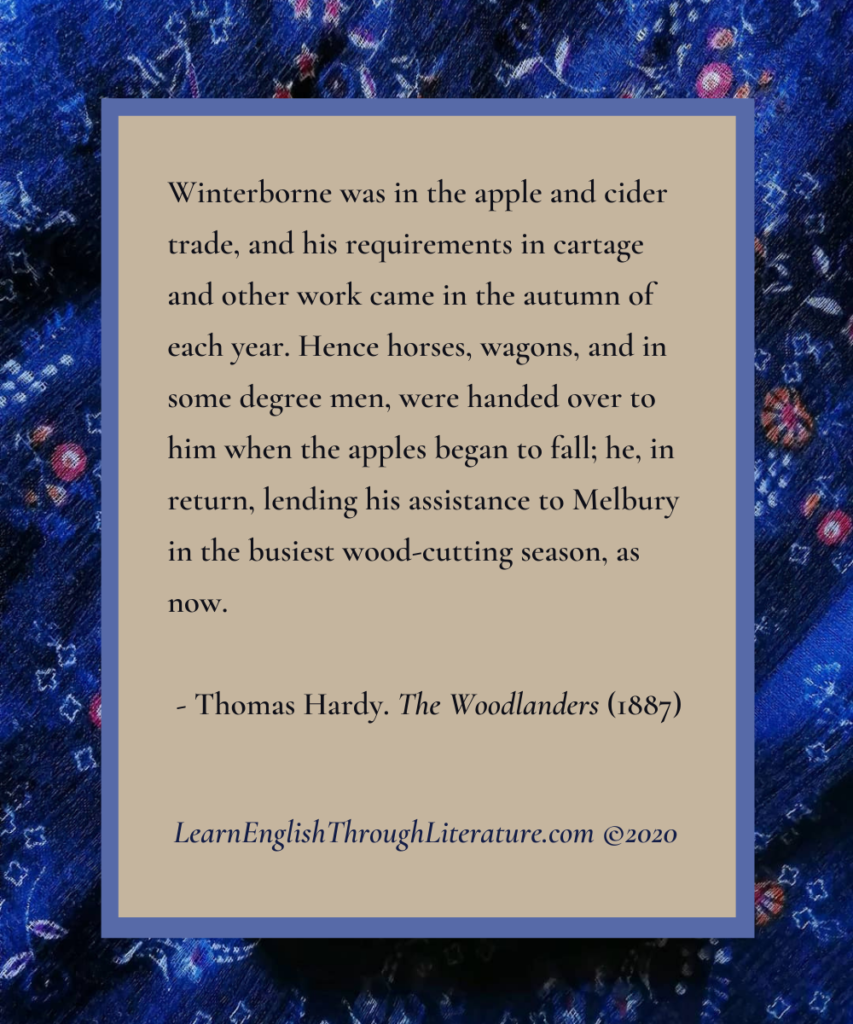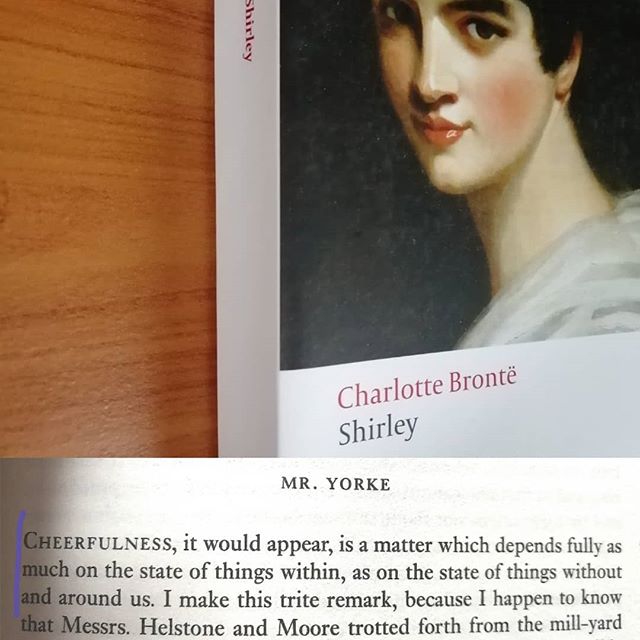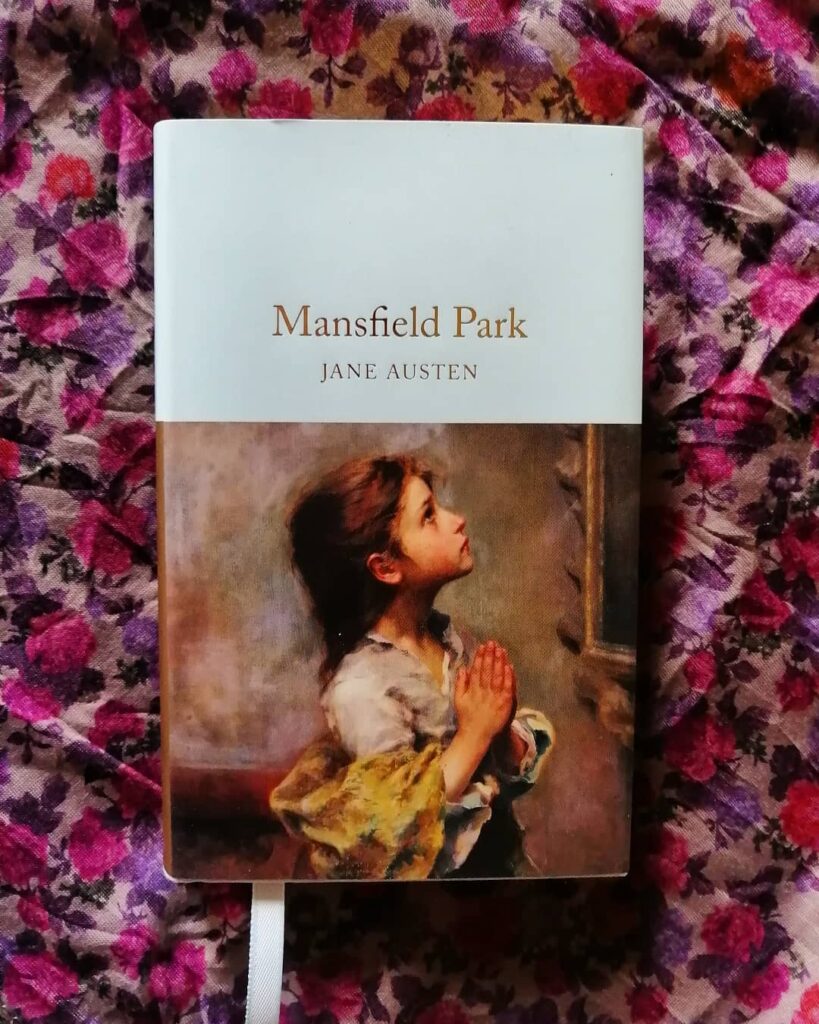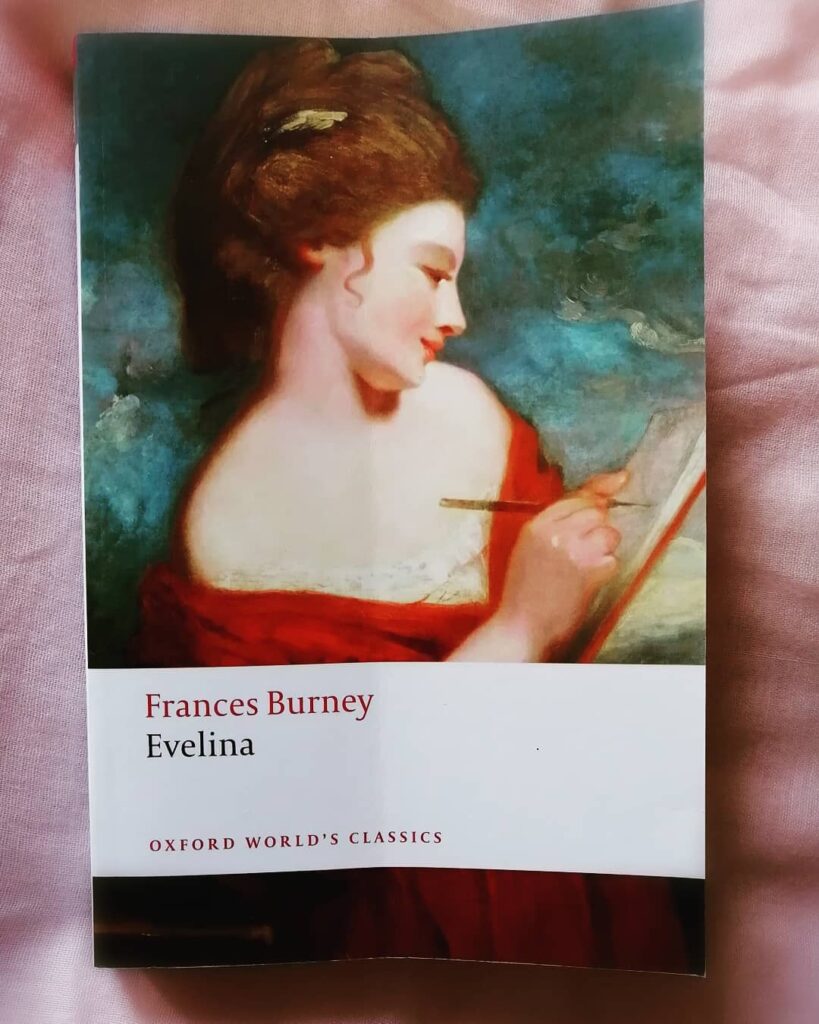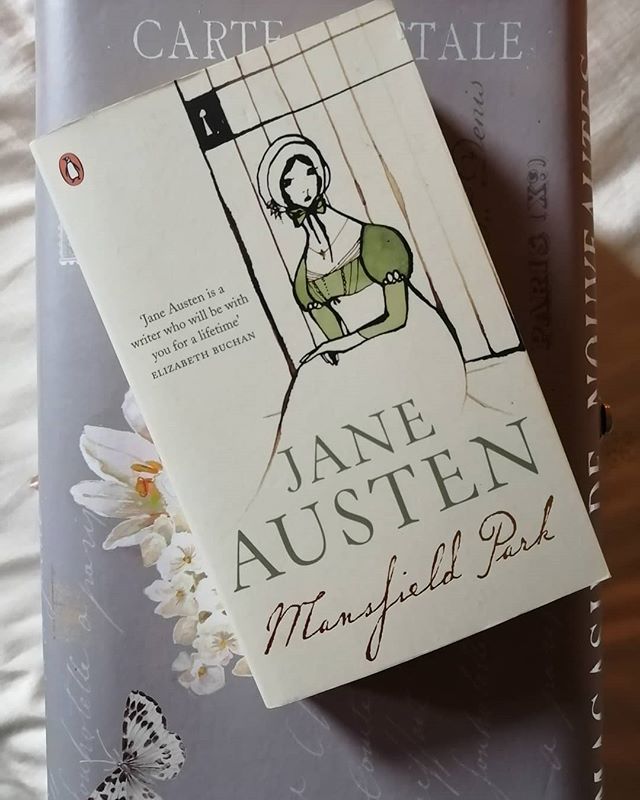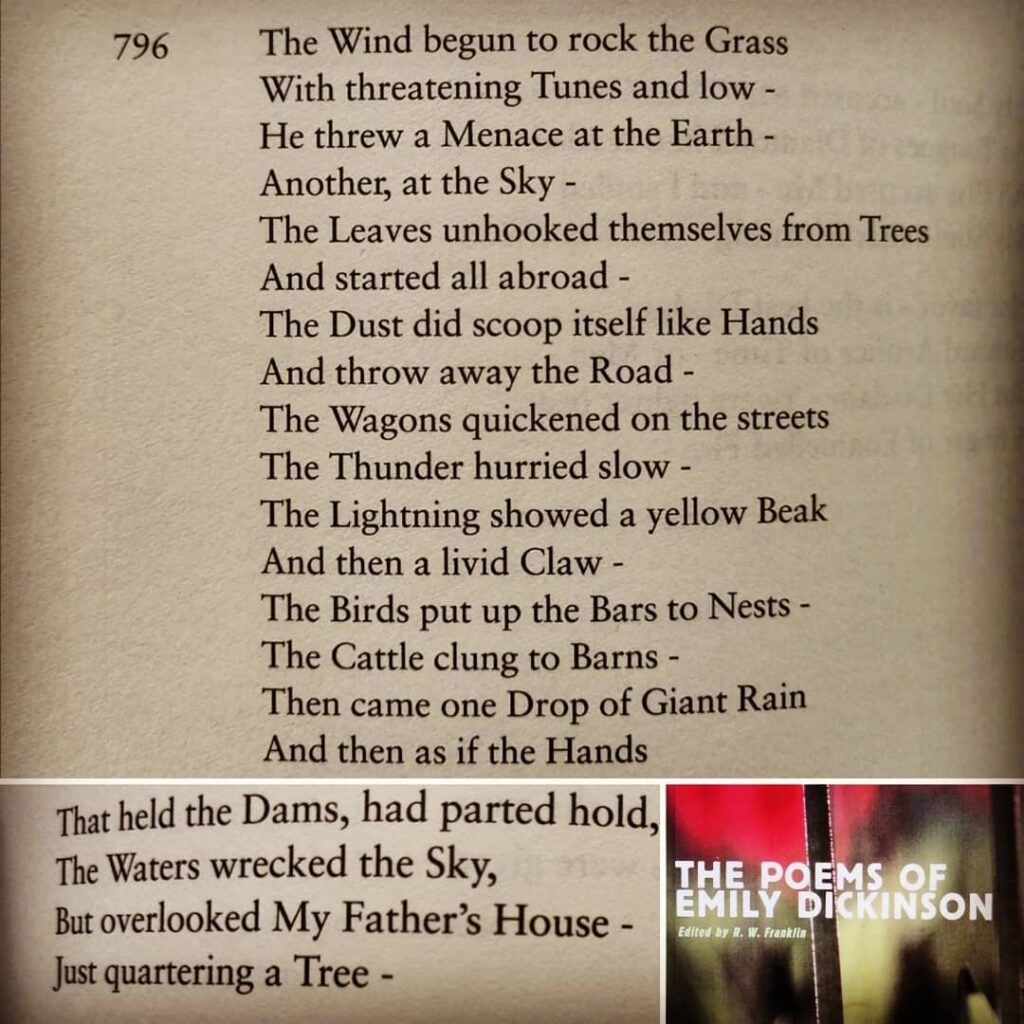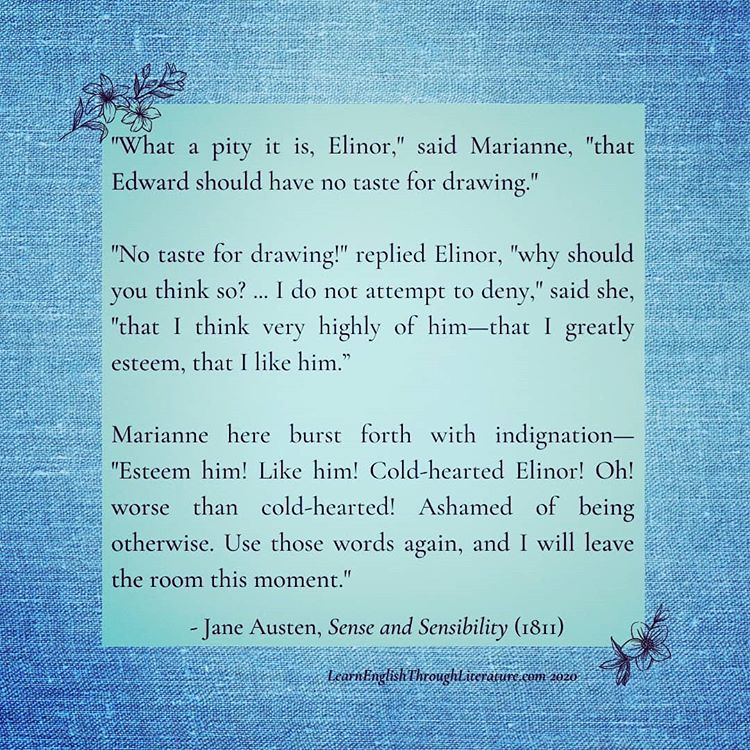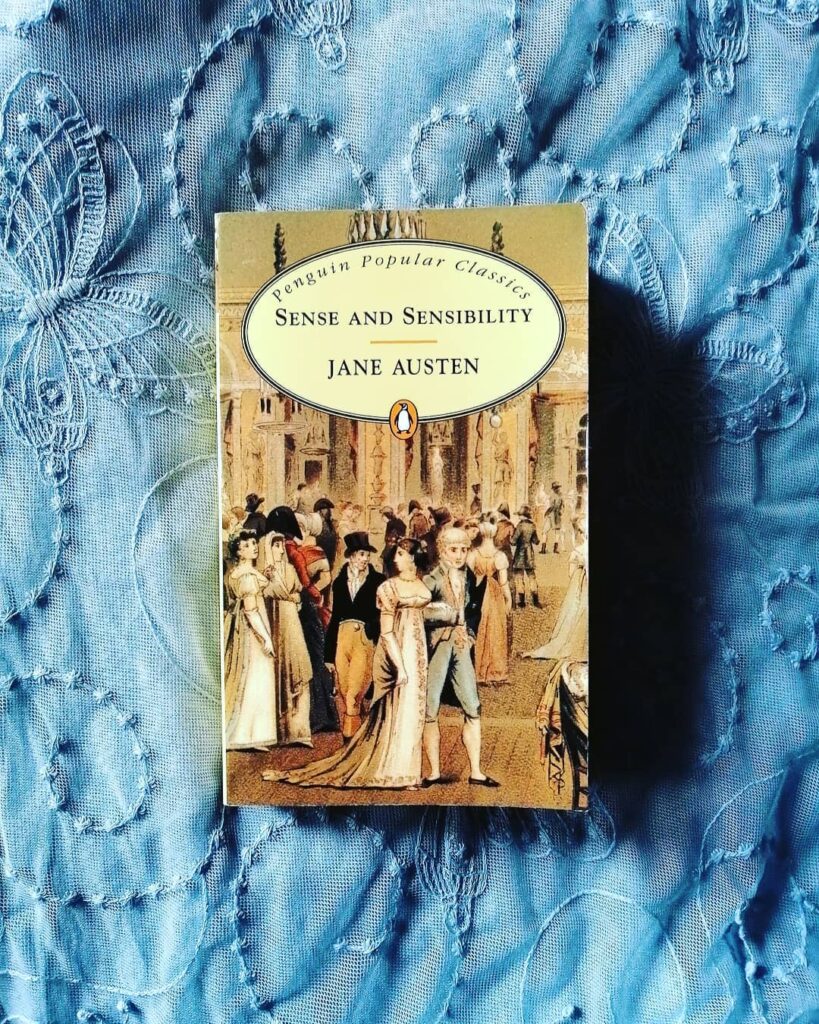Lesson #137 (Part 1): Understanding The Differences Between ‘Borrow’ And ‘Lend’ (Through Thomas Hardy’s ‘The Woodlanders’)
As mentioned in our Mini-Lesson Monday this week, I would like to address some common mistakes that I sometimes see English language students making. One mistake I encountered in a few places was a tendency to mix up the verbs ‘lend’ and ‘borrow’. I met even advanced English speakers who tripped up on these two words. There are […]

